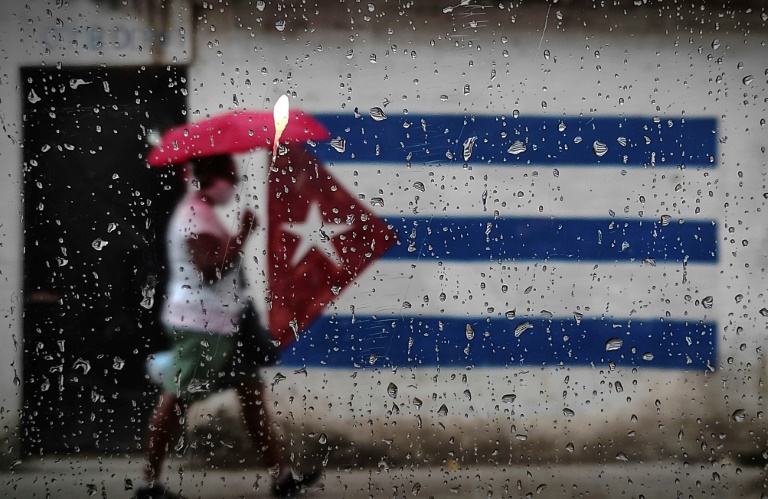President Joe Biden’s administration said Thursday it was still reviewing Cuba’s designation as a state sponsor of terrorism even as an annual report offered no new evidence.
Donald Trump’s administration in its final days in office returned Cuba to the terror blacklist, a move that severely hampers investment and is popular with many exiles in the politically crucial state of Florida.
Biden has surprised some observers by largely keeping Trump’s policies in place rather than returning to former president Barack Obama’s efforts to end decades of hostility toward the communist island.
John Godfrey, the State Department’s counterterrorism coordinator, said only that the designation remained “under review” as he released an annual report on terrorism.
“It’s ongoing and President Biden has said that he remains committed to policies that will advance the democratic aspirations of the Cuban people,” he said.
The annual report, however, only listed the other nations designated as state sponsors of terrorism — Iran, North Korea and Syria — in a section on events in 2020 relevant to the designation.
In a letter to Biden, 114 Democratic members of Congress noted that Cuba had already been removed from the list in 2015 after “an exhaustive review” and that the Trump administration offered no new facts.
“This designation places another roadblock in the path towards improved relations and creates further obstacles for purchasing or receiving humanitarian goods,” said the letter whose lead authors included Gregory Meeks, chairman of the House Foreign Affairs Committee, and Jim McGovern, a leading progressive voice on foreign policy.
They acknowledged concerns about Cuba’s crackdown on protests this week but said human rights are “better served by principled engagement rather than unilateral isolation.”
The Trump administration made the terror designation citing in part the presence in Cuba of negotiators from Colombia’s ELN guerrillas, who traveled to the island for talks and have refused to return for prosecution.
A number of US fugitives also live in Cuba including Assata Shakur, a Black Power militant who escaped prison where she was serving time for killing a police officer.
Trump stunned many Democrats in the 2020 election by making inroads with Hispanic voters in Florida, in part by championing hardline policies on Cuba and its ally Venezuela.











